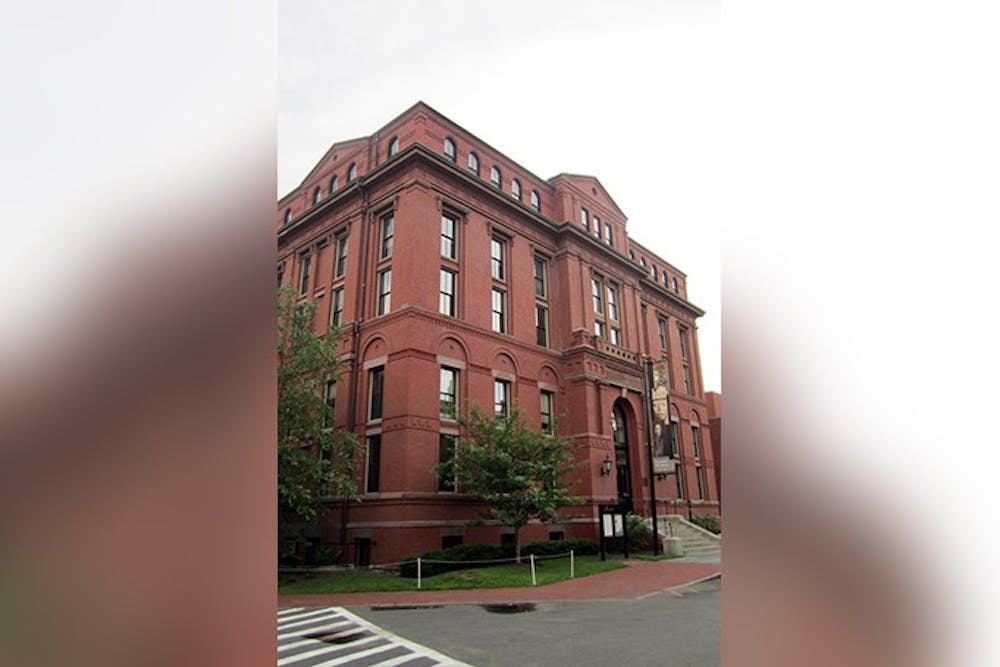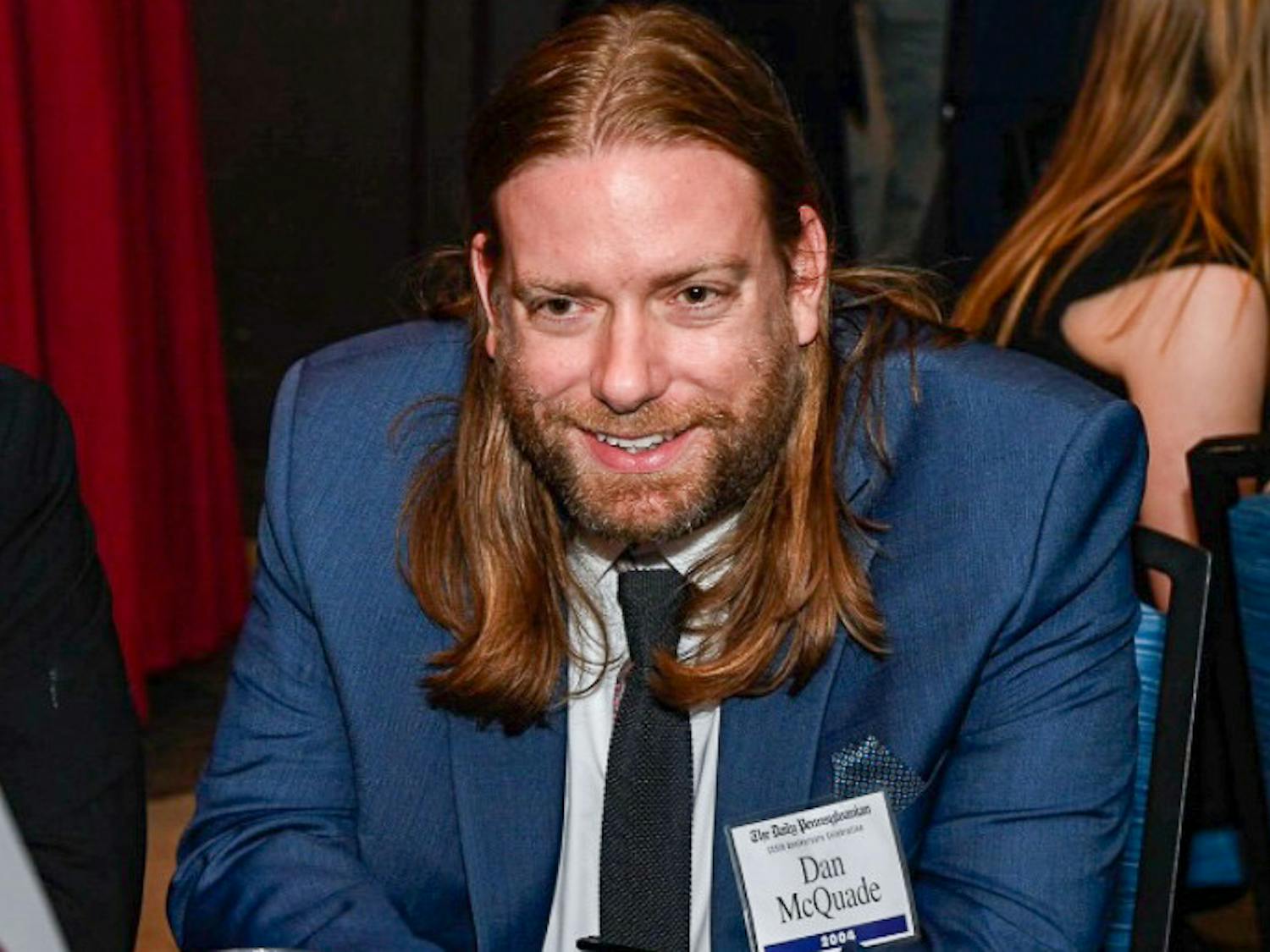Harvard University has agreed to return the remains of 19 people thought to be enslaved and thousands of Native Americans from their museum collection to their respective descendants.
Like the Penn Museum, which agreed in August to rebury the cranial remains of at least 13 enslaved Black Philadelphians, Harvard’s Peabody Museum of Archaeology and Ethnology housed the remains of individuals who were likely enslaved and thousands of Native Americans, the Harvard Crimson reported.
Harvard has accepted recommendations from a committee that investigated how to properly return the remains to the descendants of the enslaved individuals. According to the committee's report, the skeletal remains were used to show “racist differences” to support “existing social hierarchies and structures."
The university will also accelerate the process of returning the remains of Native American human remains to their descendants or tribes, as required by the 1990 Native American Graves Protection and Repatriation Act. The Peabody Museum has yet to return the remains of almost 7,000 Native Americans, the Crimson reported.
Harvard pledged to create new spaces to house human remains in their collection and honor the individuals. In the past, the university’s policies allowed them to collect more than 22,000 human remains, according to the Crimson.
Evelynn Hammonds, the chair of the committee that conducted a review of the human remains, spoke to the Crimson, saying that the way the museum housed human remains is “antithetical” to the cultural practices of the community from which the remains came.
“My visit confirmed for me in a deep and profound way that a museum is not and should never be a place for the remains of humans,” Hammonds said. “In fact, how people are kept in a museum may be antithetical to practices of caring for the dead of the communities whose ‘remains’ are ‘stored’ in museums.”
Penn is similarly embroiled in a controversy surrounding human remains held at some point by Penn faculty or the Penn Museum.
RELATED:
Philadelphia concludes yearlong investigation on mishandling of MOVE bombing victims' remains
Penn anthropologist sues the University for defamation following MOVE bombing accusations
The University is currently petitioning the Philadelphia Orphans’ Court to bury the cranial remains — previously held in the Morton Cranial Collection — in Eden Cemetery. This took place after a report from a Penn & Slavery Project doctoral fellow Paul Wolff Mitchell sparked a protest which called for the Penn Museum to abolish the cranial collection.
Penn has also faced protests and controversy for storing the remains which belonged to a victim of the 1985 MOVE bombing at the Penn Museum. The remains were ultimately returned to the Terry Funeral Home in West Philadelphia, where the victim's family received the remains.









